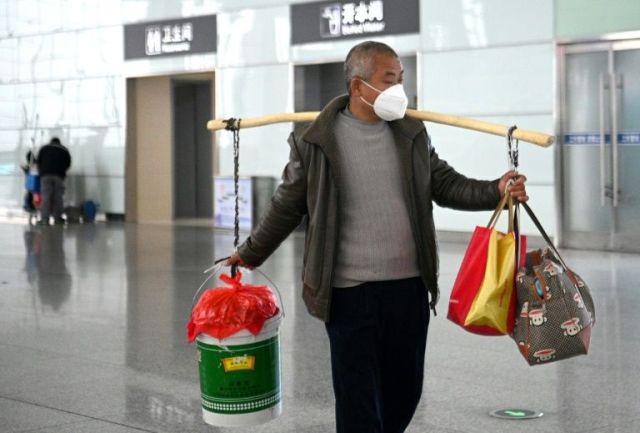
KEPSA Chief Executive Officer Carole Kariuki emphasised the pre-election situation has had a huge impact on forward bookings in this sector which accounts to 10 percent GDP/FILE
Tourism has declined significantly due to various factors over the 2nd half of the year and KEPSA warns that the country cannot afford any home-made setbacks to its recovery efforts.
KEPSA Chief Executive Officer Carole Kariuki emphasised the pre-election situation has had a huge impact on forward bookings in this sector which accounts to 10 percent of the Gross Domestic Product (GDP), making it the third largest contributor to GDP after agriculture and manufacturing.
She further said that private sector businesses are the majority of the industry players.
“Stakeholders in the forthcoming political process including security agencies and political parties must ensure that incidences similar to what was witnessed during the recently concluded party primaries are not allowed to happen again as they send a negative message and further heighten anxiety to our tourist source markets and their governments,” she emphasised.
“Several insecurity incidences like the grenade attack in Garissa and the Tana clashes are some of the examples that might lead to negative tourism advisory to Kenya by embassies and their respective ministries,” she said.
Kariuki further stated that the tourism sector’s contribution to employment generation has grown by about 3 percent annually and earnings per employee growing by 18 percent over the last five years.
The sector is also a major source of government revenue in the form of taxes, duties, license fees, entry fees among others and tourism has consequently been identified as a lead sector that can help achieve the goals of the country’s development blueprint, Vision 2030.
“The growing interest of other countries looking at investing in Kenya should be a clear indicator that Kenya is a country with a very powerful private sector,” Kariuki said.
She however pointed out that for businesses to prosper, the private and public sector leaders should join hands and ensure political stability is achieved.
“Political maturity and security is important to the growth of the tourism and other economic sectors” she said.
She added that the improved infrastructure especially in the aviation industry with the current launch of direct flights from Kenya to Israel is good for the growth of Kenya’s tourism sector.
“This is a good platform for business leaders to sell Kenya in all economic sectors. Political leaders should be good examples to foster international investments to achieve greater economic development,” she explained.
“Tourism remains a lucrative business in the private sector but the need to market Kenya as the ideal tourism destination is being affected by the current election related incidences,” she noted.
On the positive side, she acknowledged that tourism as an economic sector in Kenya has seen an exponential rapid growth over the past years.
“The sector has in recent years become the leading source of foreign exchange earner despite there being local and regional instability,” she said.
She warned however, that the industry might experience a major downfall because of political constraints in the country which has had a difficult time in the wake of the financial crisis in its source markets, which slowed recovery after the 2008 post-election crisis and cannot survive a repeat of the same.
“The Ministry of Tourism should be more proactive in addressing challenges facing the industry that could derail the sector if left unchecked,” she emphasised.
She pointed out that players in the industry say the biggest concern include the ministry’s failure to implement the Tourism Act, increased insecurity and rise in instances of wildlife poaching in Kenya.
“Poor marketing of Kenya as a tourism destination has also been cited as a challenge that impedes the industry’s growth,” she added.
KEPSA represents over 80,000 direct and indirect members in the private sector. KEPSAs mandate is private sector development through advocacy and forging of international business relations to spur wealth creation in the country.



































